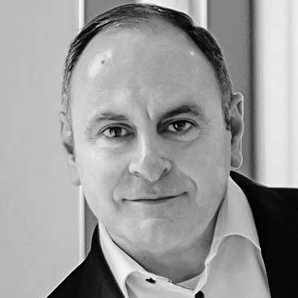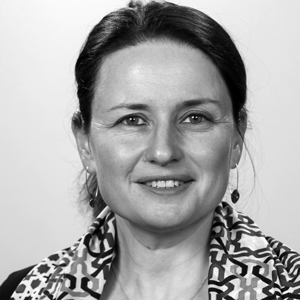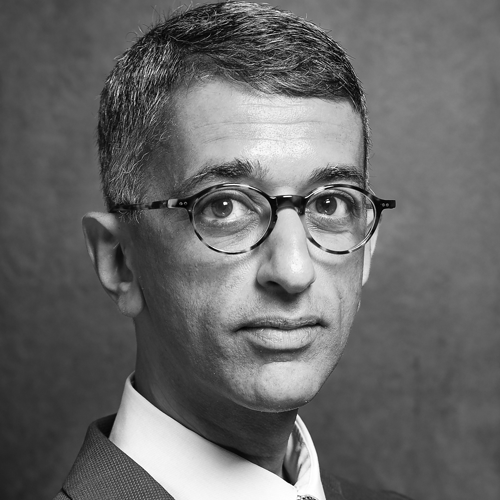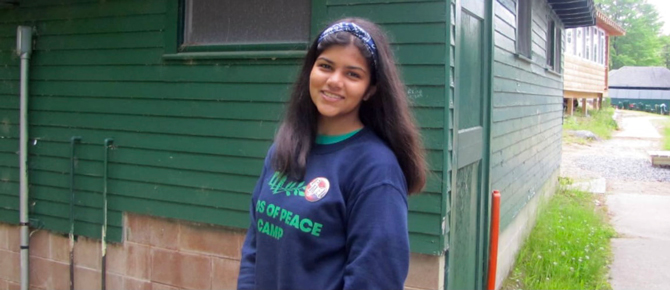Arab and Israeli teens gather to learn that they can live together without violence
From the earliest moments of civilization, the people of the Middle East have struggled with cultural and religious differences. Set in that context, one can easily become discouraged. The conflict has spanned generations and recent events threaten to doom the region’s children to a violent world.
In Otisfield this month, however, there is hope. It is the hope that lies perpetually in the next generation. It is the Seeds of Peace International Camp.
Founded in 1993 and now in its permanent home in Maine, the camp brings together young people from throughout the Middle East. Organizers teach a simple and powerful lesson: Arabs and Israelis can live together without violence.
Campers come together and have fun. They swim, play games and dine with one another. They also talk directly about the issues that divide their parents.
The peace camp is an investment in the future. It won’t put the ongoing talks between Israel and the Palestinians back on track. It won’t rein in the extremists on both sides to make peace possible. Those are the immediate issues for the grown-ups.
The peace camp instead lays the foundation for a lasting end to an old conflict. It is a brighter future built one child at a time here in Maine.








 Tim Young headlines clubs all over North America, has performed on over 500 colleges campuses as well as comedy festivals in New York, Montreal, and Seattle, and he’s a fixture in the New York City club scene. He’s appeared on NBC’s Last Comic Standing, Comedy Central’s Premium Blend, Tough Crowd, and Shorties, and you may have seen him as a commentator on VH1, MTV,TLC and the E! Channel.
Tim Young headlines clubs all over North America, has performed on over 500 colleges campuses as well as comedy festivals in New York, Montreal, and Seattle, and he’s a fixture in the New York City club scene. He’s appeared on NBC’s Last Comic Standing, Comedy Central’s Premium Blend, Tough Crowd, and Shorties, and you may have seen him as a commentator on VH1, MTV,TLC and the E! Channel.







 Toll Brothers Inc. is America’s leading luxury home builder and Bob Toll, Chairman and CEO, is a member of the Board of Directors. Over 80 people from throughout New England arrived at the Seeds of Peace Camp in Otisfield, Maine, on May 31 to lend a hand at painting, carpentry, expansion/ renovation and general repairs throughout the property. Seeds of Peace would like to give a tremendous thanks to Bob Toll, Jane Toll, and the Toll Brothers staff, including Tony Casapulla, for their hard work. They organized and recruited volunteers and created a wonderful atmosphere at camp, including great food and a fantastic raffle at the end of the day.
Toll Brothers Inc. is America’s leading luxury home builder and Bob Toll, Chairman and CEO, is a member of the Board of Directors. Over 80 people from throughout New England arrived at the Seeds of Peace Camp in Otisfield, Maine, on May 31 to lend a hand at painting, carpentry, expansion/ renovation and general repairs throughout the property. Seeds of Peace would like to give a tremendous thanks to Bob Toll, Jane Toll, and the Toll Brothers staff, including Tony Casapulla, for their hard work. They organized and recruited volunteers and created a wonderful atmosphere at camp, including great food and a fantastic raffle at the end of the day. The Islamic Games is a professional sports event within the Muslim community that develops an appreciation for sports and encourages participation from young people. In attendance were teachers, Imams, Muslim non-profit groups and other community leaders.
The Islamic Games is a professional sports event within the Muslim community that develops an appreciation for sports and encourages participation from young people. In attendance were teachers, Imams, Muslim non-profit groups and other community leaders.


